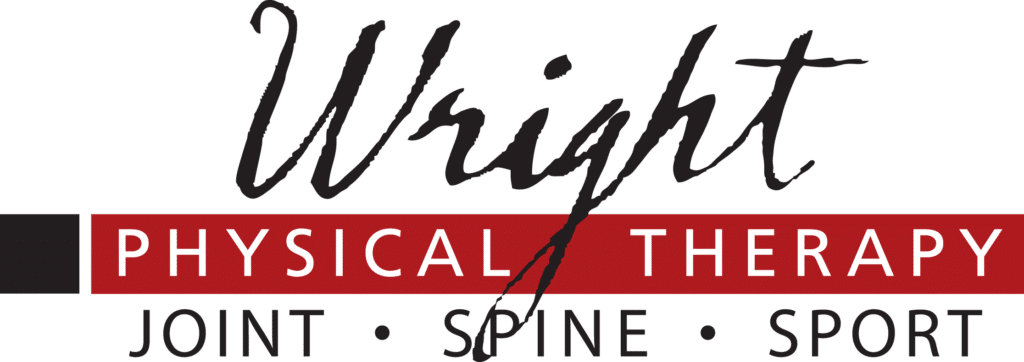The journey to becoming a skilled Doctor of Physical Therapy (DPT) requires students to complete internships in a variety of settings. It is necessary for students to establish a working knowledge and clinical experience prior to graduation through these varied internships. The variety of settings and number of hours required per student differs per institution. Consistent among the schools is the perceived worth that clinical education has in preparing new graduates to enter their careers and be strong contributors to this valuable profession.
An area of opportunity lies in facing the stark reality that not all internships provide adequate education and skill development to students. All too often students report that their clinical education felt as though they were used for “free labor”. They relate in feedback sessions that they treated patients with very minimal teaching from their clinical instructor (CI), all the while they contributed to the productivity of their respective clinic. Reports indicate that some students believe they “Just Observed” for the majority of the clinical education because their CI didn’t trust them enough to allow adequate hands-on experience.
 The variance in student experiences is a significant contributor to the unacceptable proportion of novel DPTs that do not feel sufficiently prepared to deliver high-skilled treatment once graduated. Add this frustrating conundrum to the ever increasing cost of professional education and it is understandable why students are requesting paid internships or tuition reductions. As clinical internship sites have no direct effect on tuition ranges, it is the ethical duty of internship sites to provide exceptional value to the students under mentorship such that the value exceeds the financial cost that they incur from their respective professional education institutions.
The variance in student experiences is a significant contributor to the unacceptable proportion of novel DPTs that do not feel sufficiently prepared to deliver high-skilled treatment once graduated. Add this frustrating conundrum to the ever increasing cost of professional education and it is understandable why students are requesting paid internships or tuition reductions. As clinical internship sites have no direct effect on tuition ranges, it is the ethical duty of internship sites to provide exceptional value to the students under mentorship such that the value exceeds the financial cost that they incur from their respective professional education institutions.
We must confront the paradigm that students are not contracted employees and should never be treated as such. Employees are hired to produce their product outlined in their job description. Students are accepted in clinics to learn, experience, and grow in the physical therapy profession. Students have a certain expectation of seeing a percentage of the caseload that their CI holds to learn with hands-on experience and provide value to the patient they are treating. We must keep in mind these hands-on experiences should be under the direct supervision of a credentialized clinician. Students are to never treat patients on their own volition and should consistently be working with their CI to grow their knowledge and skillset in a professional setting.
Wright Physical Therapy is passionate about the student experience. We believe an optimal experience starts through the application and interview process that ensures that potential students are a good fit for the organization and vice versa. At WPT, the patient experience is top priority and students in WPT clinics appreciate and develop a deeper understanding of why this is crucial to the outcomes WPT standardizes.
Students can expect direct patient care experience in an orthopedic setting, direct mentorship from a highly trained DPT, and thorough additional training through a modified well-developed Clinician Training Module (CTM). Students leaving an internship with WPT continually express gratitude for the tremendous value they received over their time as well as express confidence in their skillset in the orthopedic setting. When students leave an internship with WPT, their skillset is a reflection of standards within Wright Physical Therapy. This is why we have standardized the education process to enhance the value provided to students. We love and promote the profession of physical therapy and want more excellent ambassadors to pick up the microphone and continue to make physical therapy a top service with top of mind awareness to the public.

